Hikikomori, Adolescence without EndCode: 40505945
- Author: Saito Tamaki
- Publisher: University of Minnesota Press
- Μορφή: Soft Cover
- Έτος έκδοσης: 2013
- Αριθμός σελίδων: 208
- Κωδικός ISBN-13: 9780816654598
- Διαστάσεις: 14×21.6
Similar products
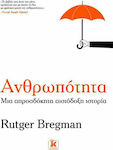
 Top rated
Top rated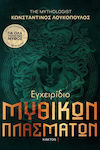
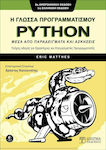

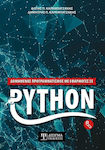


Scientific Books
Ανατομία της κίνησης, Introduction to the analysis of body movements
from 22,40 €Added

Scientific Books
Το βιβλίο της υγείας, Anthology of the most important works of Elias Petros
Ad from Buy the bookAdded Top rated
Top ratedScientific Books
Προς τ’ άστρα, A magical journey into the world of Astrophysics
Ad from MykyklosAdded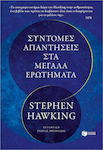 Top rated
Top rated
Description
This is the first English translation of a controversial Japanese best seller that made the public aware of the social problem of hikikomori, or "withdrawal"-a phenomenon estimated by the author to involve as many as one million Japanese adolescents and young adults who have withdrawn from society, retreating to their rooms for months or years and severing almost all ties to the outside world. Saito Tamaki's work of popular psychology provoked a national debate about the causes and extent of the condition.
Since Hikikomori was published in Japan in 1998, the problem of social withdrawal has increasingly been recognized as an international one, and this translation promises to bring much-needed attention to the issue in the English-speaking world. According to the New York Times, "As a hikikomori ages, the odds that he'll re-enter the world decline. Indeed, some experts predict that most hikikomori who are withdrawn for a year or more may never fully recover. That means that even if they emerge from their rooms, they either won't get a full-time job or won't be involved in a long-term relationship. And some will never leave home. In many cases, their parents are now approaching retirement, and once they die, the fate of the shut-ins-whose social and work skills, if they ever existed, will have atrophied-is an open question."
Drawing on his own clinical experience with hikikomori patients, Saito creates a working definition of social withdrawal and explains its development. He argues that hikikomori sufferers manifest a specific, interconnected series of symptoms that do not fit neatly with any single, easily identifiable mental condition, such as depression.
Rejecting the tendency to moralize or pathologize, Saito sensitively describes how families and caregivers can support individuals in withdrawal and help them take steps toward recovery. At the same time, his perspective sparked contention over the contributions of cultural characteristics-including family structure, the education system, and gender relations-to the problem of social withdrawal in Japan and abroad.
Specifications
- Genre
- Sociology
- Language
- English
- Subtitle
- Adolescence without End
- Format
- Soft Cover
- Number of Pages
- 208
- Publication Date
- 2013
- Dimensions
- 14x21.6 cm
Important information
Specifications are collected from official manufacturer websites. Please verify the specifications before proceeding with your final purchase. If you notice any problem you can report it here.







































